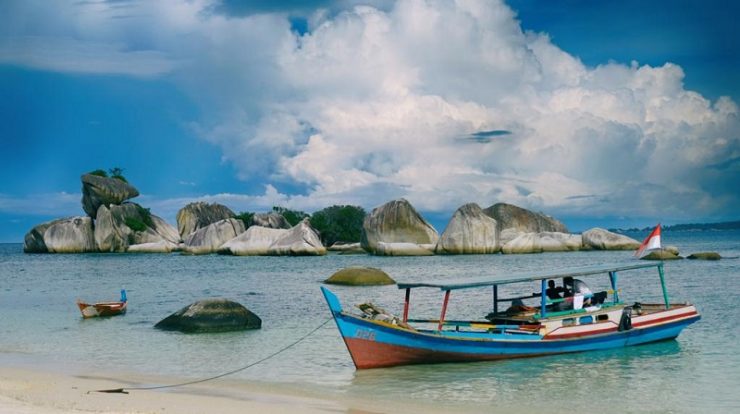SUSTAINABLE tourism is considered as the most important aspect for the development of the tourism sector in the new normal era after the COVID-19 epidemic. This aspect is applied in line with the health protocol policy which is supported by readiness in tourist destination areas.
According to Deputy of Resources and Institutional Affairs of the Ministry of Tourism & Creative Economy, Frans Teguh during a Webinar with the Indonesian Professor Association (API) on Monday (1/6) explained, sustainable tourism will be a choice and consequence of the tourism development part, after the COVID-19 pandemic.
“In the future, what we need to strengthen is how tourism is centered on humans or people-centered tourism or community based tourism which includes increasing product diversification, services in accordance with the needs of community behavior, service patterns as well as efforts to increase the strength of local wisdom which eventually becomes a unique selling point,” he said.
It is said, it must be maintained, cared for and managed with the support of quality human resources in the future. In addition, it is necessary to apply the value of domestic sustainability such as resilience and local wisdom, and balanced tourism.
Furthermore, Frans Teguh took the example of Bali, which is expected to become a province that is ready if the tourism sector is opened gradually. Because it is relatively safer and the trend shows that crisis control and handling is in accordance with health and safety protocols.
“In addition, because the people of the Island of the Gods have collective awareness, local wisdom for a long time and still maintain and care for social capital such as the values of customs, traditions, culture, and the environment. Of course also for other regions that meet the criteria for handling a pandemic that is still productive and safe COVID-19,” Frans Teguh noted.
He added, Bali became a model or example to become a national model. How do people have a relatively high collective awareness, and always learn from crisis to crisis, always still trying to maintain balance. Bali has evolved and transformed in the field of tourism since more than 100 years ago. So the process of social and cultural transformation has become the strength of social capital entities and the survival of life.
Frans Teguh also explained, to implement sustainable tourism more broadly needed cooperation from all tourism stakeholders. At present, the tourism parties have the momentum to fix, organize and prepare strategies and steps to reopening or rebounding tourism recovery.
“The government offers concepts and strategies to apply sustainable tourism development schemes and patterns with its parameters and indicators comprehensively included in efforts to deal with crises and aspects of cleanliness, health and safety,” he said.
He concluded that sustainable tourism programs are not only sectoral work, but must be comprehensive both the community, government, academia, and others, or what we commonly call pentahelix. Various scientific disciplines and stakeholders must work together and improve aspects of governance, economic, socio-cultural and environmental aspects to improve competitiveness, reputation and public trust and the value of sustainable tourism resources. [traveltex.id]
















